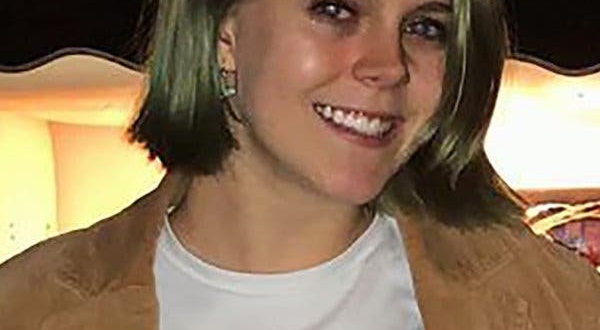Investigators are focusing on DNA evidence in their efforts to build a case in the killing of Tessa Majors, the Barnard College student who was stabbed during a park mugging in Manhattan early this month, officials said on Friday.
The push for conclusive evidence comes a day after detectives detained and then released a 14-year-old believed to have wielded the knife that killed Ms. Majors.
An official with knowledge of the investigation said the police were banking on pending DNA results they hoped would allow prosecutors to charge all three of the minors suspected of attacking Ms. Majors on Dec. 11 in Morningside Park, near the Columbia University campus.
Investigators have tested Ms. Majors’s mouth and the clothes she was wearing the night she was killed, as well as pieces of clothing they managed to recover from the suspects, who are ages 13 and 14, said an official who spoke on the condition of anonymity.
The New York Police Department’s chief of detectives, Rodney Harrison, said on Friday that a Manhattan judge had issued an order to obtain forensic evidence from the 14-year-old who was detained on Thursday. He would not say whether that evidence would include a DNA sample.
Chief Harrison said he expected to get results from the forensic evidence testing in three to seven days. Investigators are monitoring the teenagers, he added.
The police charged a 13-year-old with second-degree felony murder the day after the killing and tried to interview one of the two 14-year-olds. But the 14-year-old — who is not the teenager who the police believe stabbed Ms. Majors — requested a lawyer and declined to give a statement, officials said.
The 13-year-old, whom The New York Times is not naming because he is not being charged as an adult, will be prosecuted in family court on the felony murder charge, meaning he is accused of taking part in the attack and not of stabbing Ms. Majors.

On Thursday, the police announced a break in the case, saying they had found the second 14-year-old at a family member’s home in the Bronx. But a few hours later, he was released. He had been questioned in the presence of a lawyer, the police said.
The authorities believed that the teenager’s family was shielding him until a mark on his hand fully healed. An official described the mark as consistent with a bite.
Ms. Majors, who had moved to New York from Virginia to attend Barnard months earlier, was walking in Morningside Park the night of Dec. 11 when at least three teenagers tried to rob her, the police said. She stumbled out of the park and, investigators said, collapsed on a sidewalk near West 116th Street and Morningside Drive. Sometime later, a campus security guard found her bleeding to death.
The next day, the police arrested the 13-year-old. In an interview with detectives, the teenager implicated himself and two 14-year-old middle school classmates in the attack, the police said.
The 13-year-old told the police that his classmates grabbed Ms. Majors from behind, according to two detectives who have testified during court hearings. During a struggle, the 13-year-old said, the 14-year-old wielding a knife stabbed her so forcibly that feathers from her winter coat flew into the air.
Ms. Majors’s killing struck a chord in a city experiencing record-low violent crime rates and evoked an era when many people avoided going into parks after sunset.
The shadow of the April 1989 attack on a jogger in Central Park has also loomed over the murder investigation. Thirty years ago, the police and prosecutors relied on tough interrogation techniques to obtain confessions from five teenagers accused of the attack. The confessions were later proven to be false.
From the beginning, police officials have said they have taken extra steps to safeguard the teenagers’ legal rights in Ms. Majors’s case. All three teenagers, police officials said, have answered questions in the presence of a guardian or lawyer.
